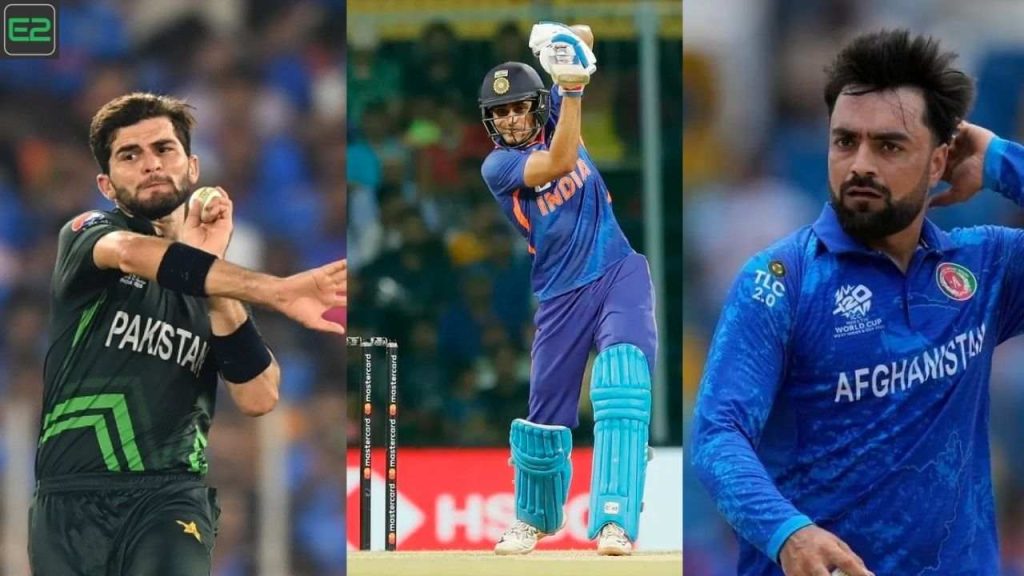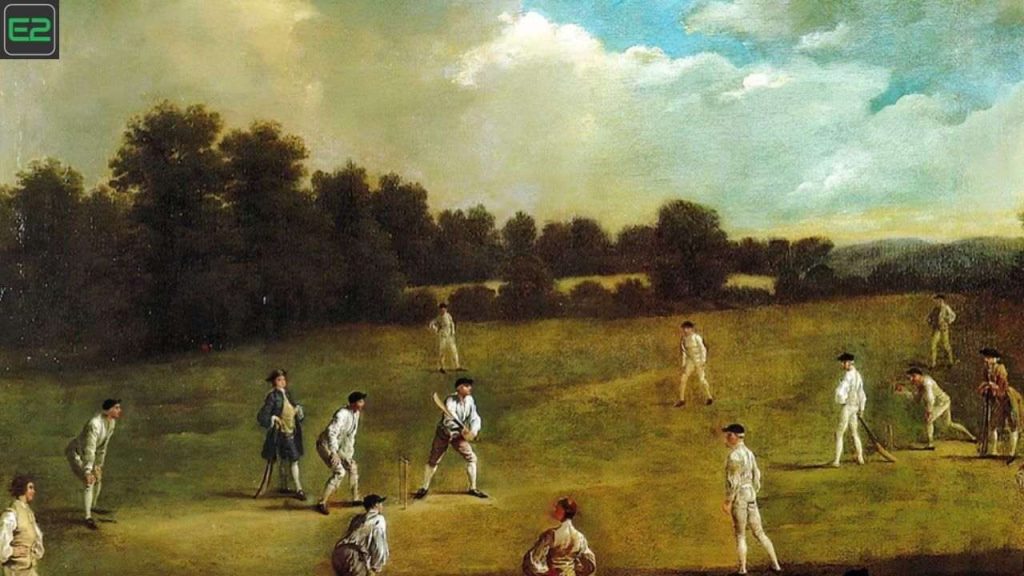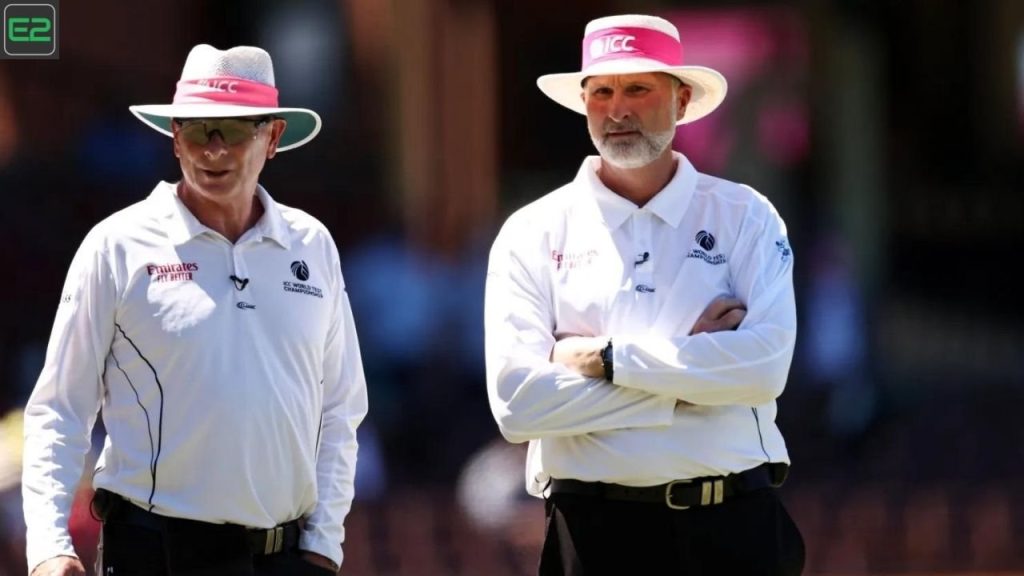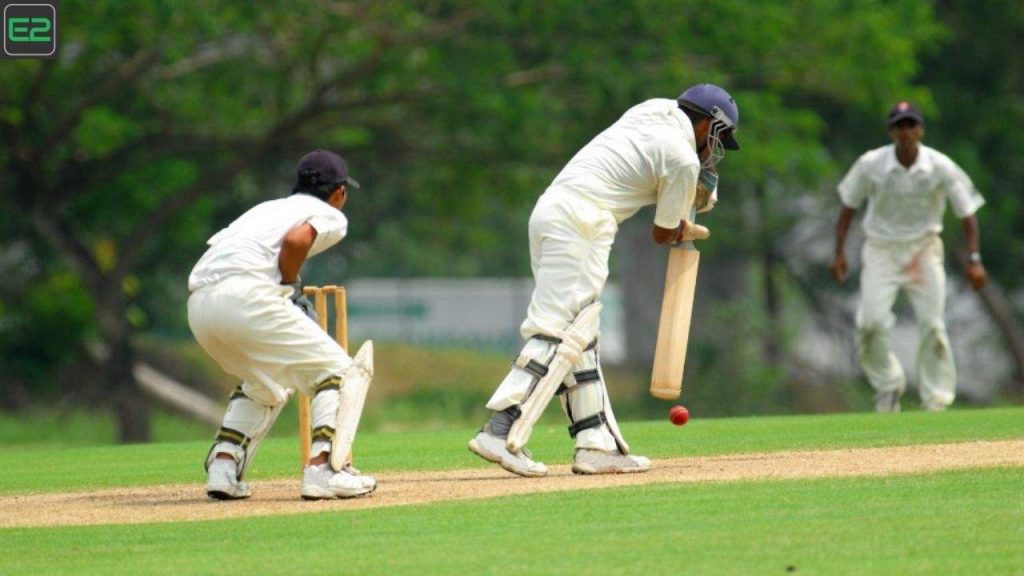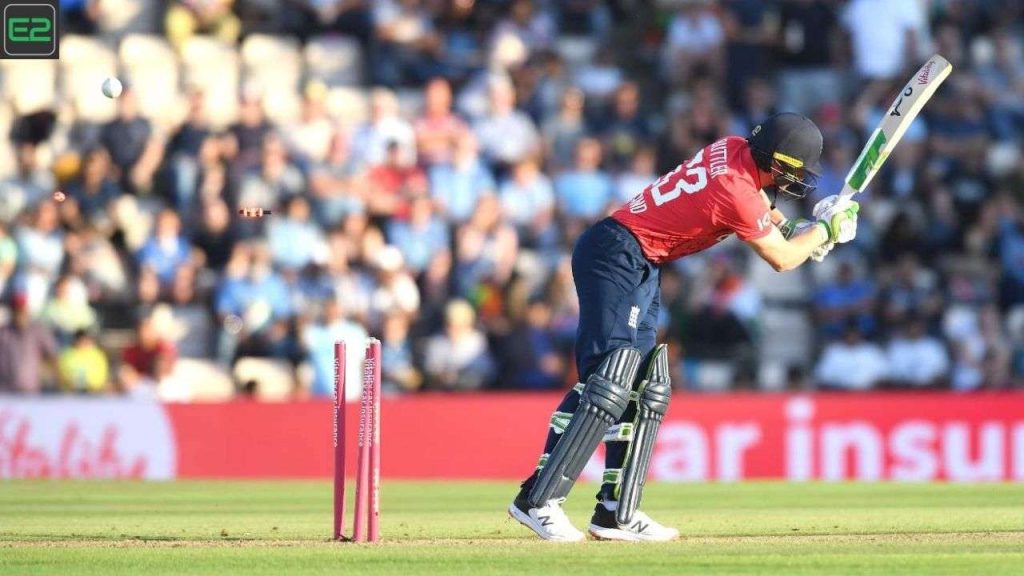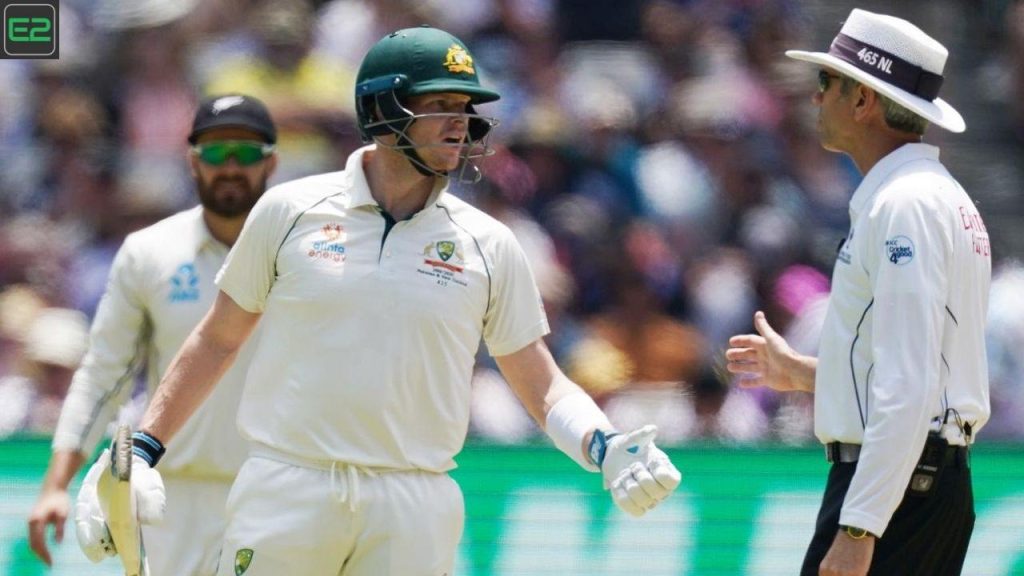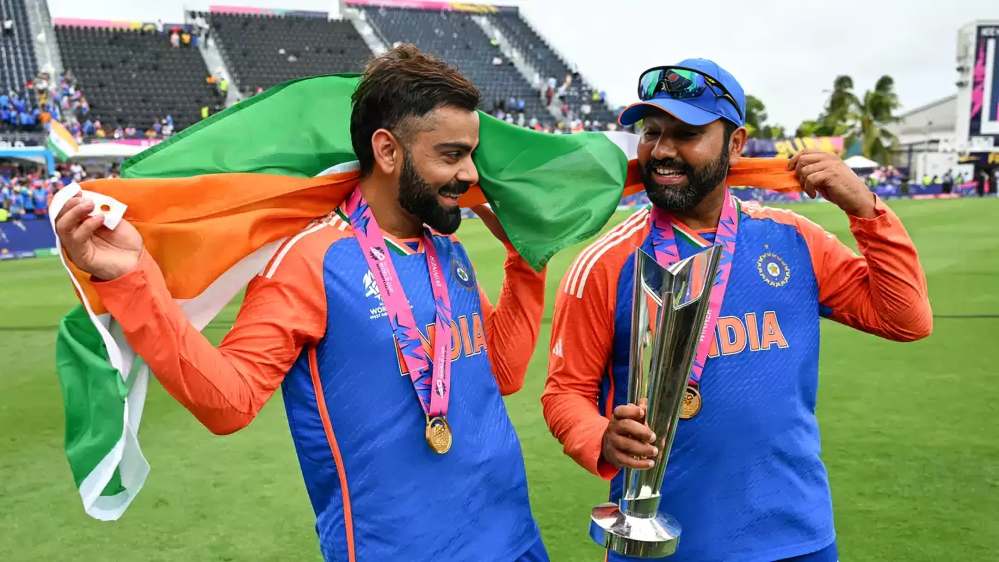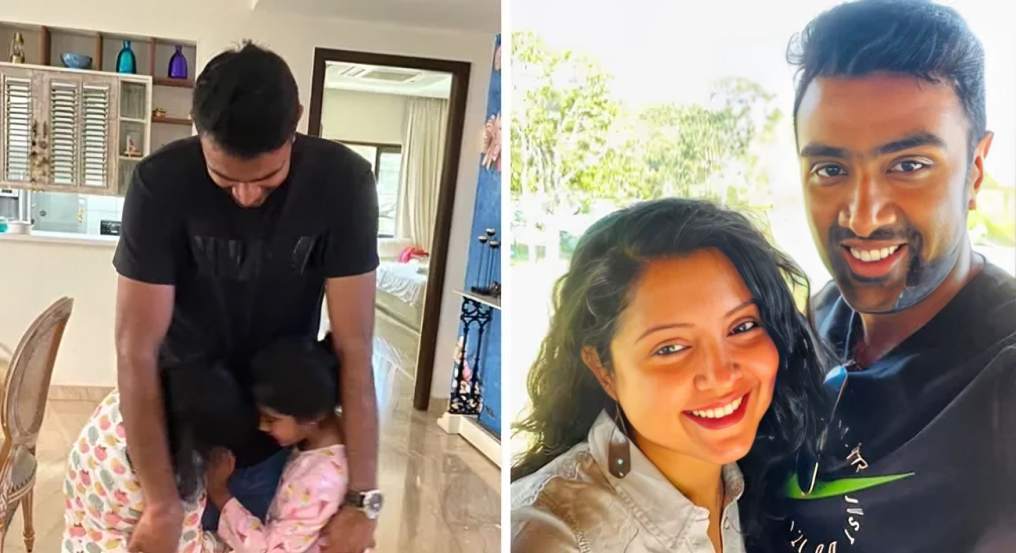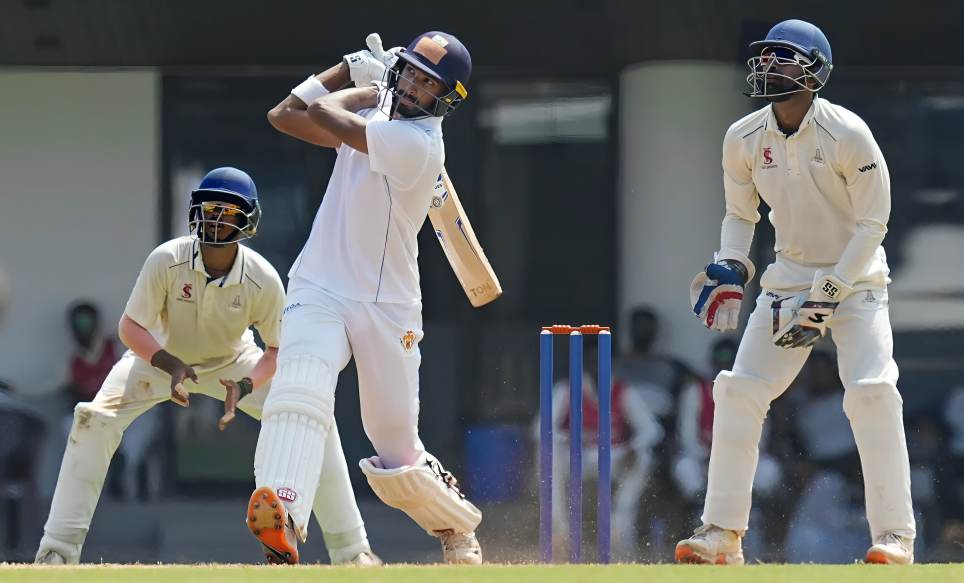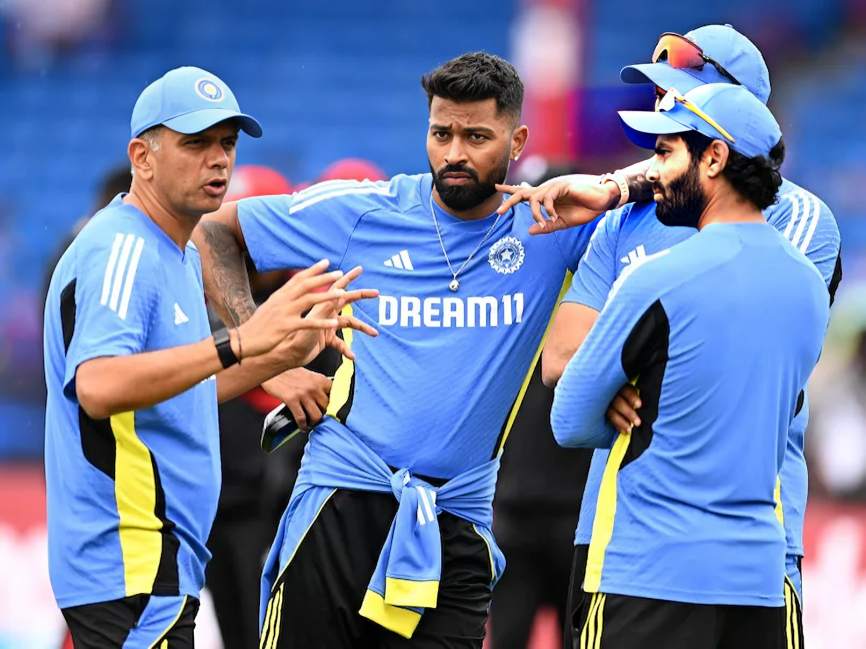Ravichandran Ashwin retired from the Indian Premier League (IPL) this week, announcing plans to pursue T20 opportunities in other leagues worldwide.
Ashwin’s IPL Retirement Sparks Debate

Former India spinner Ravichandran Ashwin recently announced his retirement from the Indian Premier League (IPL), aiming to participate in various T20 leagues worldwide. However, former India captain and chief selector Kris Srikkanth feels the 38-year-old could have continued in the IPL for at least two more seasons.
Before IPL 2025, Ashwin was bought by Chennai Super Kings (CSK) for ₹9.75 crore but struggled to make an impact, taking only seven wickets in nine matches and conceding runs in the powerplay. His form contributed to CSK finishing last in the points table for the first time.
“There’s no reason for Ashwin to retire now. He could have easily played IPL for another two years before moving to other leagues. The IPL offers recognition and visibility that other leagues can’t match,” Srikkanth said on his YouTube channel. Ashwin had previously clarified that he merely inquired about CSK’s retention plans and did not formally announce a departure.
Ashwin both an attacking and economical bowler
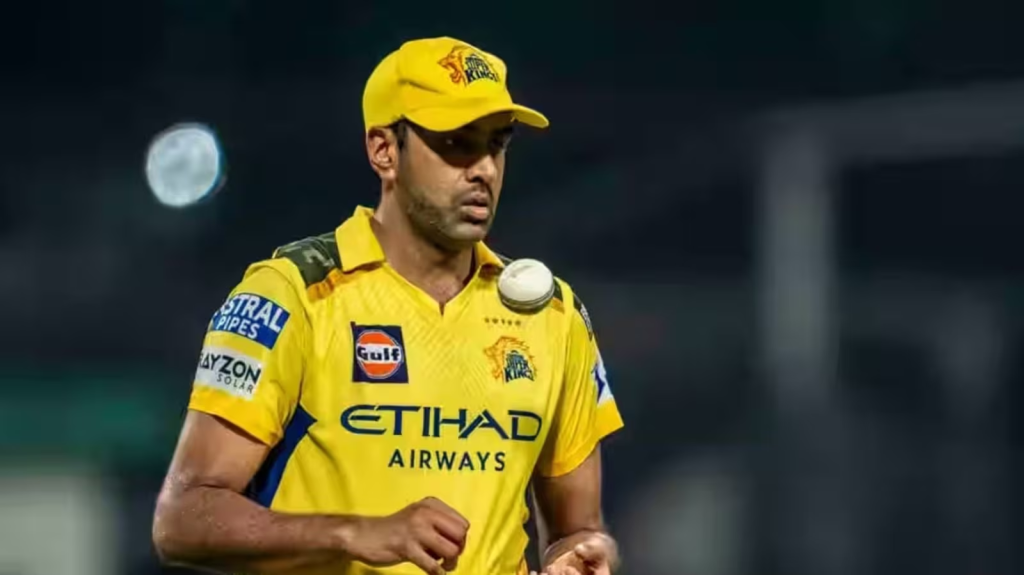
Ravichandran Ashwin enjoyed a prolific IPL career, representing Chennai Super Kings, Kings XI Punjab (now Punjab Kings), Delhi Capitals, and Rajasthan Royals. Over 221 matches, he took 187 wickets at an economy of 7.20 and an average of 30.22, while scoring 833 runs with one half-century. Notably, in the IPL 2011 final against RCB, he claimed the crucial early wicket of Chris Gayle, turning the game in CSK’s favor.
Former India captain Kris Srikkanth praised Ashwin as “one of the best IPL cricketers India has produced,” highlighting how the league helped him gain recognition despite strong performances in domestic cricket and Tests. Srikkanth added, “He was both an attacking and economical bowler in the IPL. I am only surprised he’s walking away in the middle of a three-year cycle after last year’s Mega Auction. It also shows that players can now transition to coaching or participate in foreign leagues after retiring from India.”



